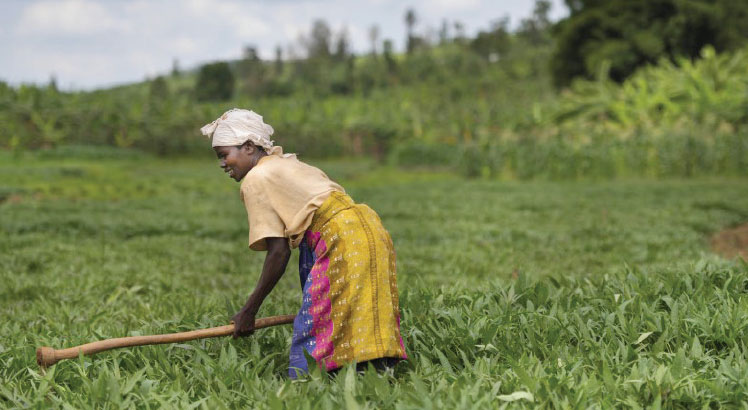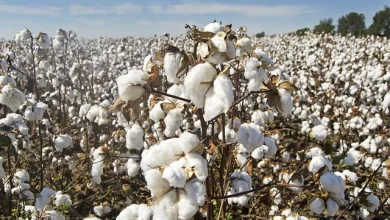Trade balance continues to worsen, figures show
Malawi’s trade balance—the difference in value over a period of time between a country’s imports and exports of goods and services—has worsened to negative K134 billion as at March 2021, recently published figures from the National Statistical Office (NSO) show.
In its June 2021 Quarterly Statistical Bulletin, NSO figures show that during the same period last year, trade balance stood at negative K121 billion.

During the review period, the country imported K196 billion worth of products compared to K156 billion imported during the same period last year, with diesel (K4.2 billion), petrol (K7.9 billion) and fertiliser (K29 billion) topping the list.
On the other hand, the figures show that exports during the review period totalled K61 billion, two times the value (K35 billion) during the same period the prior year, with tobacco (K9.3 billion), tea (K5.8 billion) and sugar (K7.4 billion) topping the export basket.
In an interview on Tuesday to comment on the figures, Ministry of Trade spokesperson Mayeso Msokera urged the private sector to take advantage of the prevailing market access opportunities that have opened up with the establishment of the African Continental Free Trade Area (AfCFTA) and also begin to adapt operating in the Covid-19 pandemic environment by using innovative solutions such as e-commerce.
He said: “Recently, the economy also experienced another sharp drop in exports particularly in 2020 due to declining global demand and restrictions associated with Covid-19 lockdowns. As a result, the economy experienced significant sales decline in most of our export products such as tobacco, tea and sugar.
“The government is now positioning and promoting more sustainable value chains beyond tobacco that have strong potential to command higher export earnings. These include industrial hemp; oilseeds, macadamia, poultry, plastic and plastic products, pharmaceuticals, wood and wooden products, textiles and apparel; mining products, among others.”
Msokera said the country also expects the commencement of trading under AfCFTA to boost exports through expanded market as Malawi will now export her products to most countries in Africa beyond the Common Market for Eastern and Southern Africa and Southern Africa Development Community.
Through the implementation of the National Export Strategy (NES) II, the Malawi Government expectsthe trade balance to improve.
Among other things, NES II is focusing on diversification of export markets and products and enhancing industrial development through manufacturing of value-added products for exports.
In an earlier inteview, Malawi Confederation of Chambers of Commerce and Industry president James Chimwaza said Malawi needs to invest in manufacturing infrastructure and pursue an export-oriented strategy that provides quick-wins to tame the rising trade deficits.
He said that the widening trade deficit has eliminated manufacturing jobs and has had a negative impact on the country’s foreign reserves, which in turn has implications on availability of foreign exchange.
Said Chimwaza: “We need to pursue an export-oriented strategy that provides quick wins and at the same time build our industrial sector to reduce imports that can easily be produced locally. Ideally, we need manufacturing infrastructure that suites small to medium enterprises that can be situated close to where raw materials are produced.
“We also need to intensify initiatives for import substitution of products and services. Wherever possible, we should aim to fulfill the local demand with local supply whereby with specialisation, we may ultimately supply the same abroad.”





